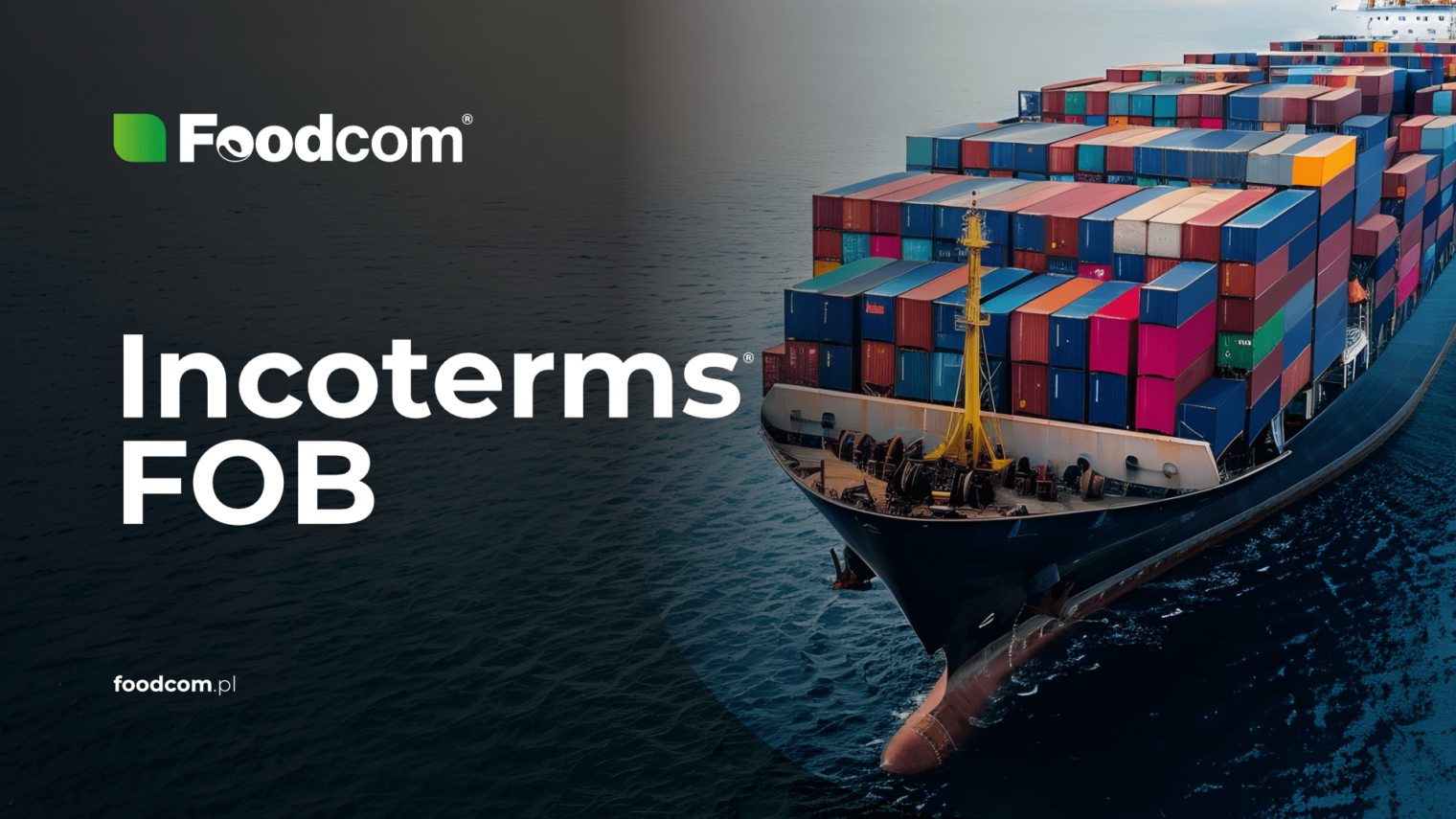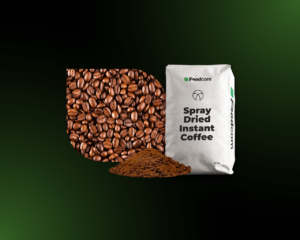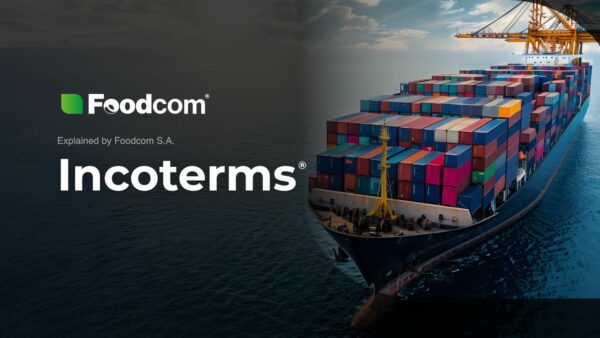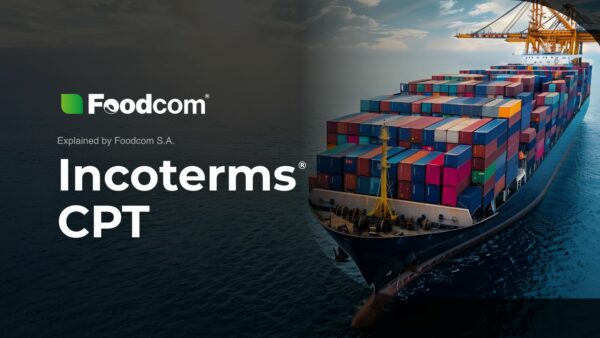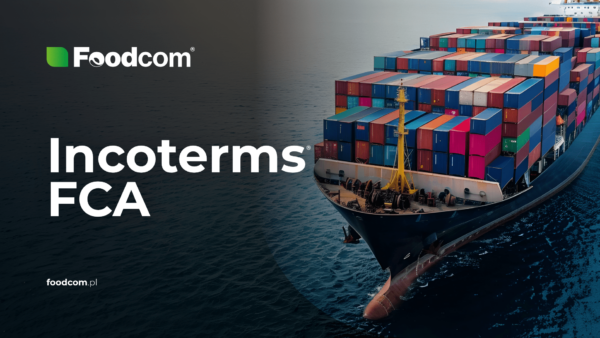- Incoterms® FOB (Free On Board) states that the seller’s responsibility ends and the buyer’s begins when the goods cross the ship’s rail at the port of loading.
- The seller bears the costs of transport, loading, and export formalities until the goods are loaded onto the ship.
- The buyer is responsible for sea transport, insurance of the goods, and import-related charges at the destination port.
- The FOB rule applies exclusively to maritime and inland waterway transport, distinguishing it from other Incoterms® rules.
Incoterms® rules play a key role in international maritime trade. Incoterms® FOB is one of the international trade rules. It determines where the seller’s liability and costs end and the buyer’s costs begin during the delivery of the goods.
What are the Incoterms® rules?
Incoterms® (International Commercial Terms) are international trade standards developed by the International Chamber of Commerce (ICC). They were created to facilitate commercial transactions by precisely defining obligations, costs on the part of the seller and the buyer during the transportation of goods. They avoid many of the misunderstandings and problems that could arise from differences in commercial practices in different countries. Each Incoterms® rule defines exactly who is responsible for transport, insurance, customs formalities and handover of the goods.
FOB Incoterms®: what does it mean?
FOB (Free On Board) is one of the more important Incoterms® terms, belonging to Group F, which defines the delivery terms for international imports. According to the FOB principle, the seller delivers the goods on board the ship, the risk and liability are transferred to the buyer. This is a commonly used term, specifying the point at which responsibility for the goods is assumed by the buyer.
FOB rule: terms of delivery
The FOB Incoterms® 2020 rule defines the terms of delivery of goods, where the seller is responsible for transporting and loading the goods onto the ship at the port of shipment, but once the goods have crossed the ship’s side, the responsibility passes to the buyer. FOB terms of delivery specify that the seller must provide the necessary documents for export, but that the insurance for the transport of the goods is the responsibility of the buyer. A delivery contract on FOB terms usually includes the port of shipment as the place of delivery of the goods.
Allocation of costs
Under FOB delivery terms, costs are shared between the seller and the buyer according to agreed standards:
Costs borne by the seller:
- Transportation of the goods to the port of loading
- Cost of loading the goods onto the ship (labour or equipment)
- Export formalities (customs clearance, documentation)
- Packaging and labelling costs
Costs incurred by the buyer:
- Sea transport from the port of loading to the port of destination (sea freight)
- Insurance of goods during transport
- Port charges at the port of destination (handling, storage)
- Import duties and taxes
- Costs of customs clearance and import formalities
Segregation of duties
In the FOB terms of delivery, the responsibilities of the seller and the buyer are clearly defined by international standards:
Seller’s responsibilities:
- Delivering the goods to the loading port and loading the goods onto the ship
- Payment of transport costs to the port and loading costs
- Completing export formalities, including customs clearance and obtaining necessary export documentation
- Ensuring proper packaging and labelling of the goods until loading
Responsibilities of the buyer:
- Arranging sea transport from the port of loading to the port of destination
- Insurance of the goods during sea transport
- Payment of charges at the port of destination and handling and storage costs
- Payment of customs duties, taxes and other import formalities in the country of destination
Forms of transport
The FOB rule applies to sea and inland waterway transport only.
What should be kept in mind when choosing Incoterms® FOB?
When choosing an Incoterms® FOB, there are a few key points to bear in mind. First and foremost, the seller must provide the necessary documents, such as a bill of lading (Bill of Lading) or a certificate of origin, which are crucial for the buyer to receive the goods. The absence of these documents or errors in their content can lead to delays and problems with the clearance of the goods in the destination country. Another catch is the choice of port of shipment – any change can entail additional costs and logistical complications. It is also worth setting deadlines carefully to avoid unnecessary downtime at the port.
FOB versus FAS rule
FOB and FAS are the key Incoterms® rules for shipping. With FOB, the seller is responsible for the goods until they are loaded onto the ship. In Incoterms® FAS, the seller delivers the goods to the quay next to the ship, but the buyer is responsible for loading, which differentiates the two rules.
Trading with Foodcom S.A.
The Incoterms® FAS rules can be difficult to understand, but the support of the experts at Foodcom S.A. can make organising transport much simpler. We will take care to select the most favourable Incoterms® rules for our Business Partners, ensuring that the entire process runs smoothly and without problems.


